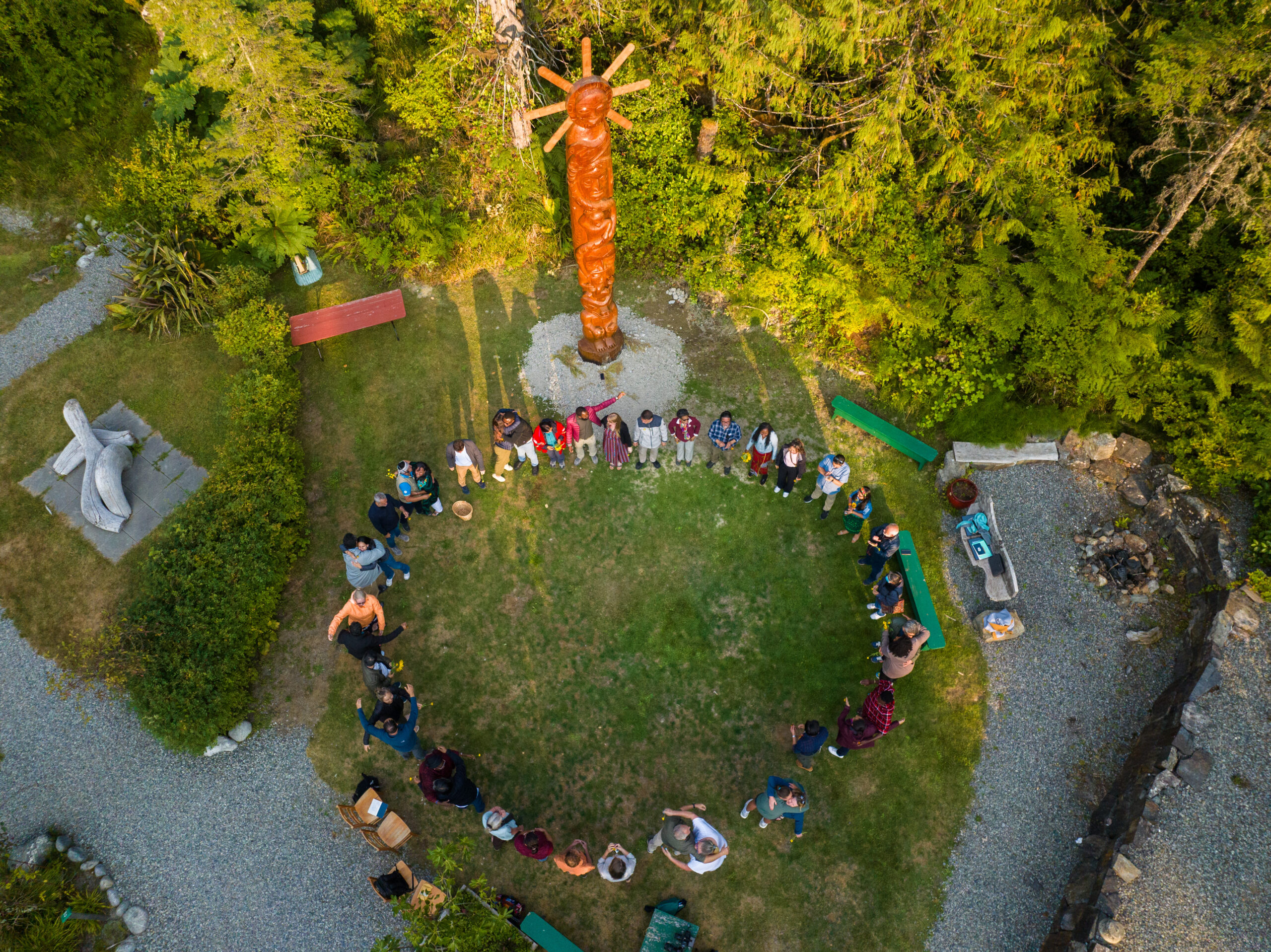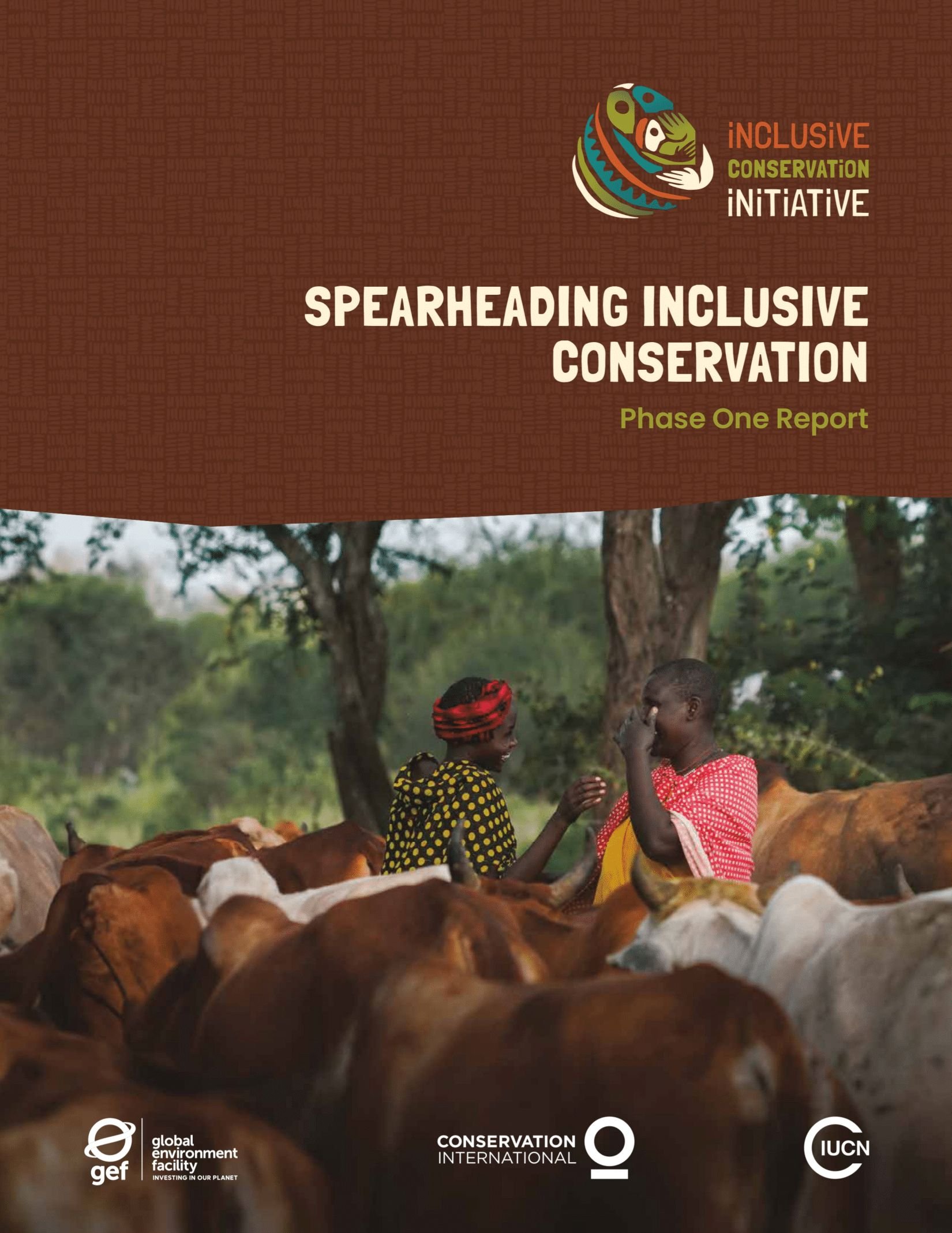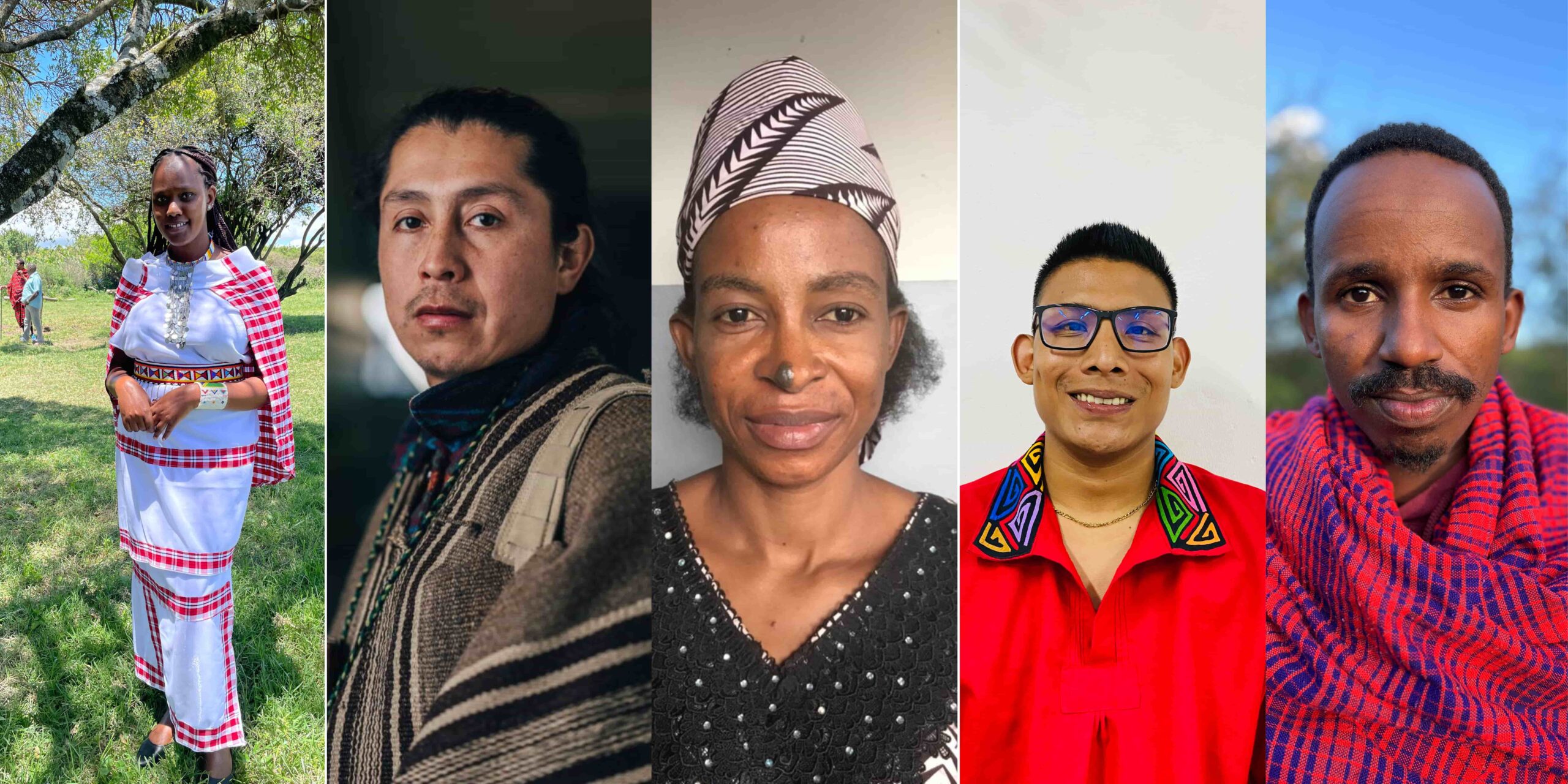
ICI kicks off International Environmental Policy Fellow Program

The Inclusive Conservation Initiative (ICI), a GEF-7 project implemented by Conservation International (CI) and the International Union for Conservation of Nature (IUCN), in partnership with Indigenous and local community organizations, supports the long-standing efforts of Indigenous Peoples to safeguard Earth’s natural ecosystems, recognizing the historical roles they have played in nature conservation. Through local action in 10 IP and LC-led initiatives in 12 different countries, it will generate and share global knowledge that will help advance the field of inclusive, IP and LC-led conservation.
Since its inception, ICI has played a role in global environmental policy, elevating the actions of Indigenous Peoples, women, and youth in their communities to decision-making spaces. Within this scope of work, ICI is implementing the International Environmental Policy Fellow Program. This fellowship program is designed for Indigenous leaders actively participating in national ICI projects, to enhance their leadership and negotiation skills in international environmental policy.
The fellowship program kicked off in February 2024, and consists of sharing learning, applying this knowledge, and participating in international environmental policy spaces. The first five fellows selected from Tanzania, Panama, Chile, DRC, and Kenya have shown exceptional leadership and negotiations skills for the benefit of Indigenous Peoples and local communities. ICI will support five fellows per year throughout the life of the initiative.
Meet the 2024 fellows below!
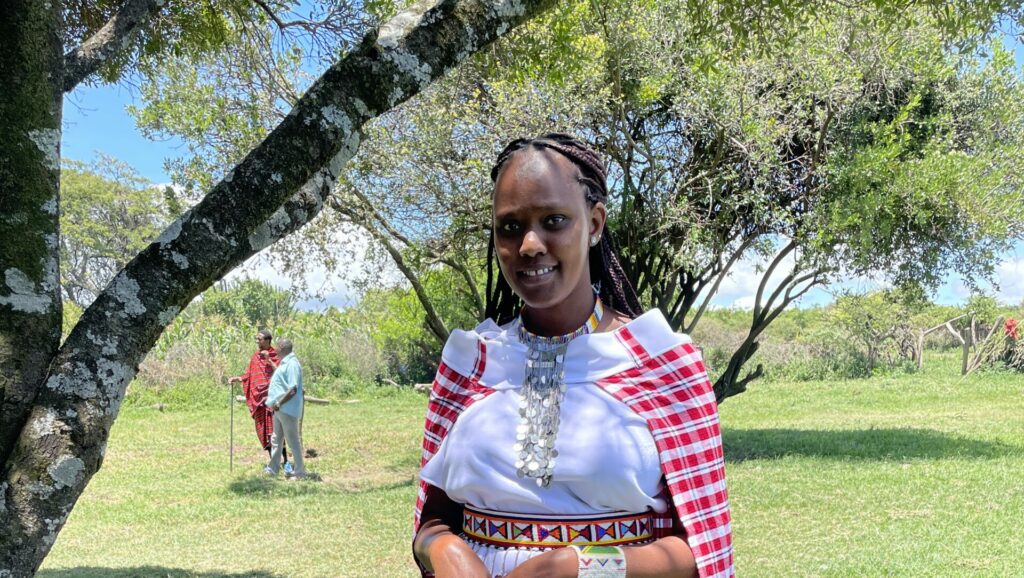
Catherine Losurutia, Tanzania
Ethnic group: Pastoralist
Organization: Ujamaa Community Resource Team
Catherine, a gender field officer, is dedicated to empowering, mobilizing, and raising awareness among women. Her main role is to advocate for women’s rights to land, leadership, and natural resources, promoting gender equity and active participation of women.
“My project will focus on strengthening local governance structures, natural resource management, increasing land security for Indigenous communities, as well as improving gender equality and economic empowerment for women and youth among communities in the Northern part of Tanzania.”
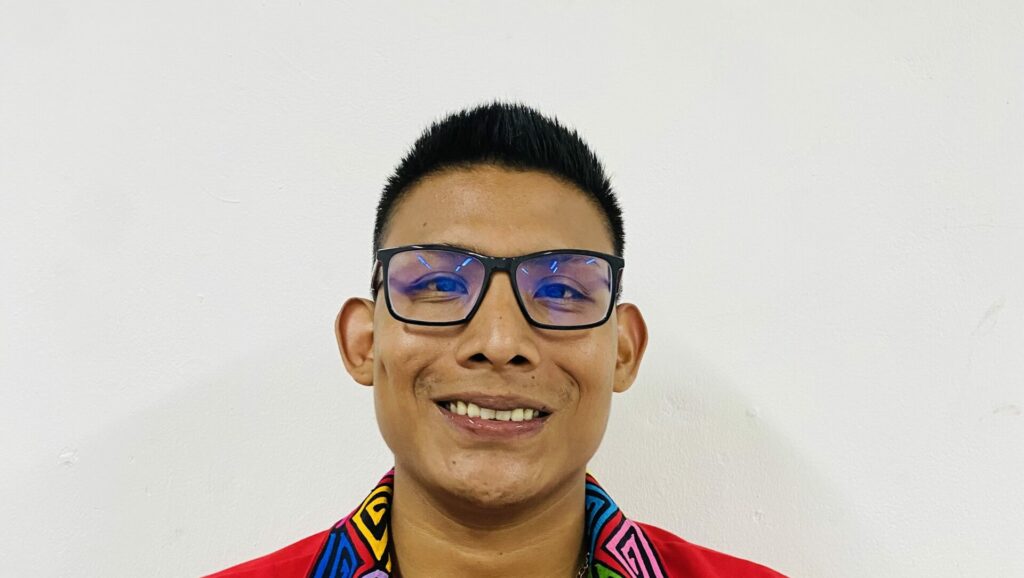
Onel Iguairquipiler, Panama
Ethnic group: Guna
Organization: Foundation for the Promotion of Indigenous Knowledge (FPCI)
Onel leads the youth and biodiversity program in his organization, dedicated to engaging young individuals in conservation, environmental issues, and indigenous rights. Seeking financial support, he aims to strengthen his efforts with the youth, ensuring their participation in ICI project activities and other initiatives.
“My case study will be aimed at young people with the objective of analyzing participation and decision-making of youth in the conservation of biodiversity and Indigenous knowledge. It is essential to consider that there is currently no active involvement of young people in these matters in my village.”
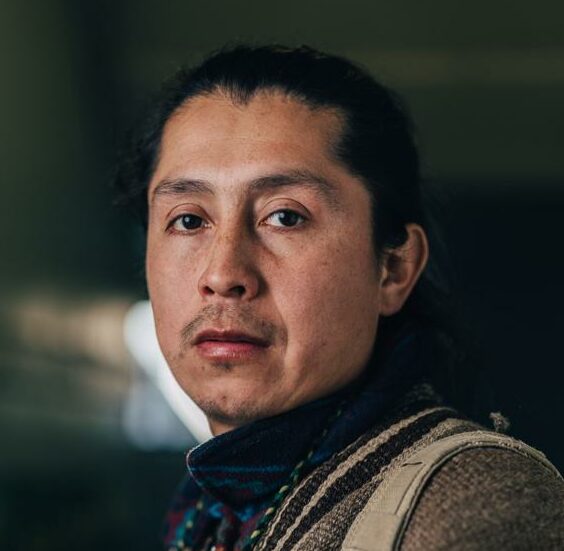
Francisco Colipe, Chile
Ethnic group: Mapuche
Organization: Futa Mawiza Initiative
Within the organization Futa Mawiza, Francisco works to strengthen the management and governance of biocultural territory. His approach allows for the full exercise of collective rights and the definition of community-driven development priorities.
“As a member of the Futa Mawiza ICI initiative, my work will focus on strengthening the management and governance of the biocultural territory. My main goal will be to fully exercise our collective rights and actively contribute to defining our own development priorities.”
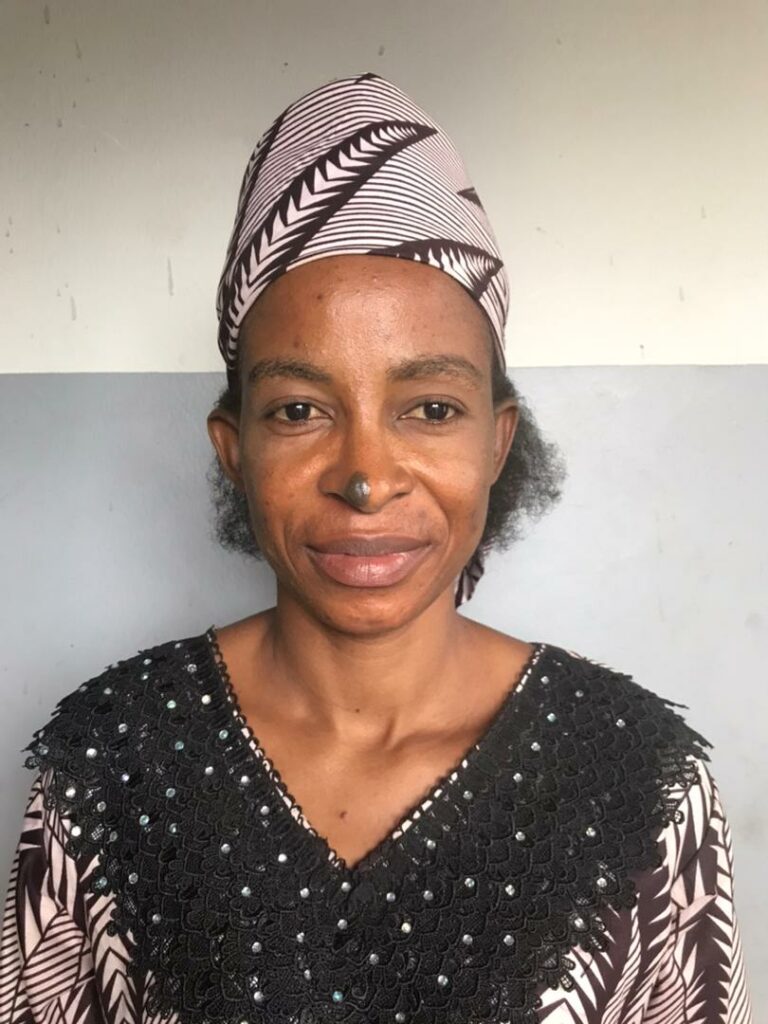
Esther Ngalula, DRC
Ethnic group: Kinshasa
Organization: ANAPAC
Esther, an indigenous woman leader and community facilitator, plays a prominent role in advocating for conservation based on equity, justice, and rights in the Democratic Republic of Congo (DRC). Her involvement significantly contributes to environmental protection and indigenous rights in the region.
“My project will focus on the contributions of traditional knowledge in maintaining forest integrity, biodiversity conservation and climate resilience in the Kisimbosa community forest in eastern DRC.”
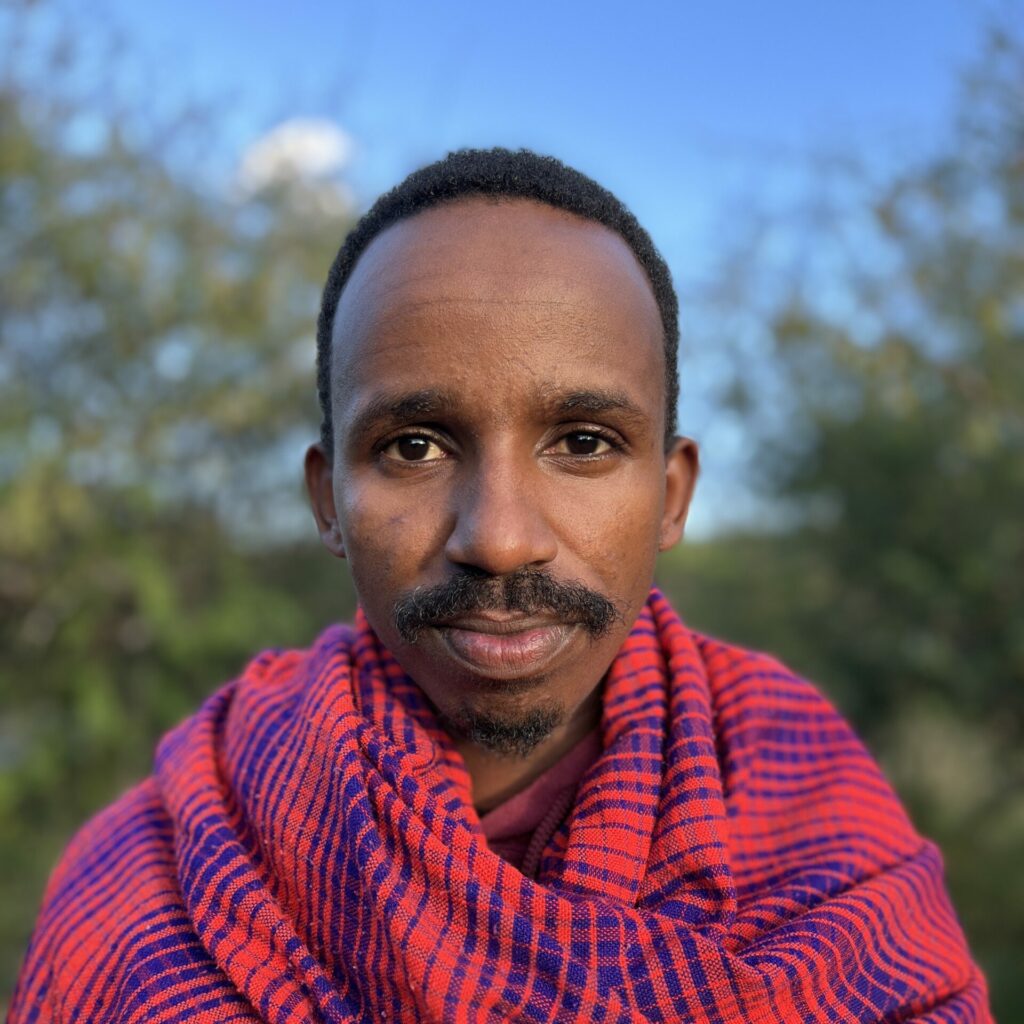
William Naimado, Kenya
Ethnic group: Maasai
Organization: IMPACT
William plays a crucial role in supporting the internal strengthening of pastoral communities in the Mid-Ewaso Ng’iro River Basin. His focus is on empowering these communities to effectively manage their territories, utilizing traditional knowledge systems and aligning with their aspirations.
“I will be looking into the use of traditional knowledge in biodiversity protection and wildlife conservation in the Mid-Ewaso Ngiro River ecosystem. There is a non-recognition of traditional knowledge in mainstream advocacy platforms and in setting global priorities. This case study will help bring into light how Indigenous traditional knowledge has helped communities in biodiversity protection, wildlife conservation and living in harmony with everything surrounding them.”

